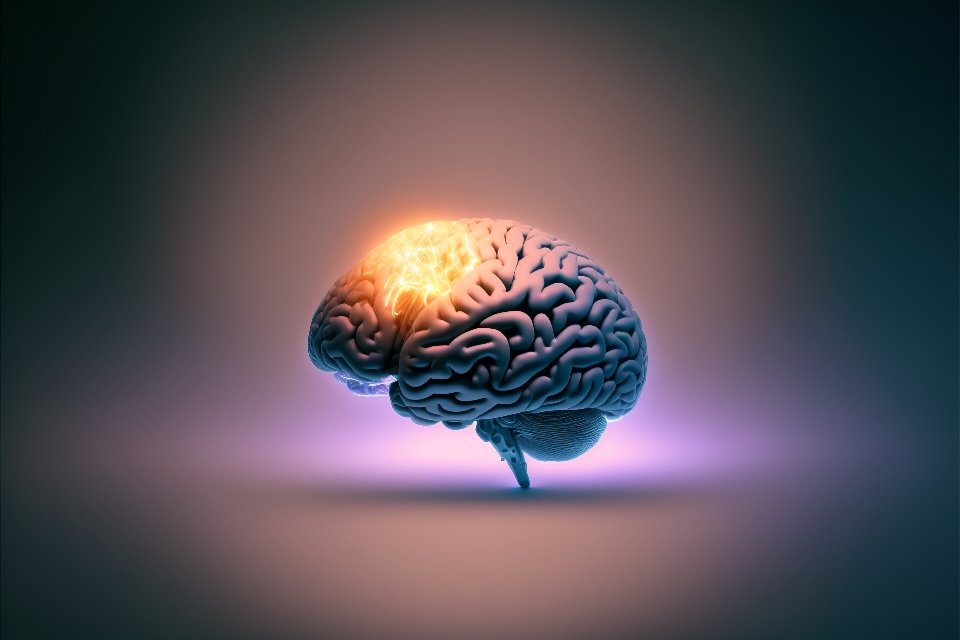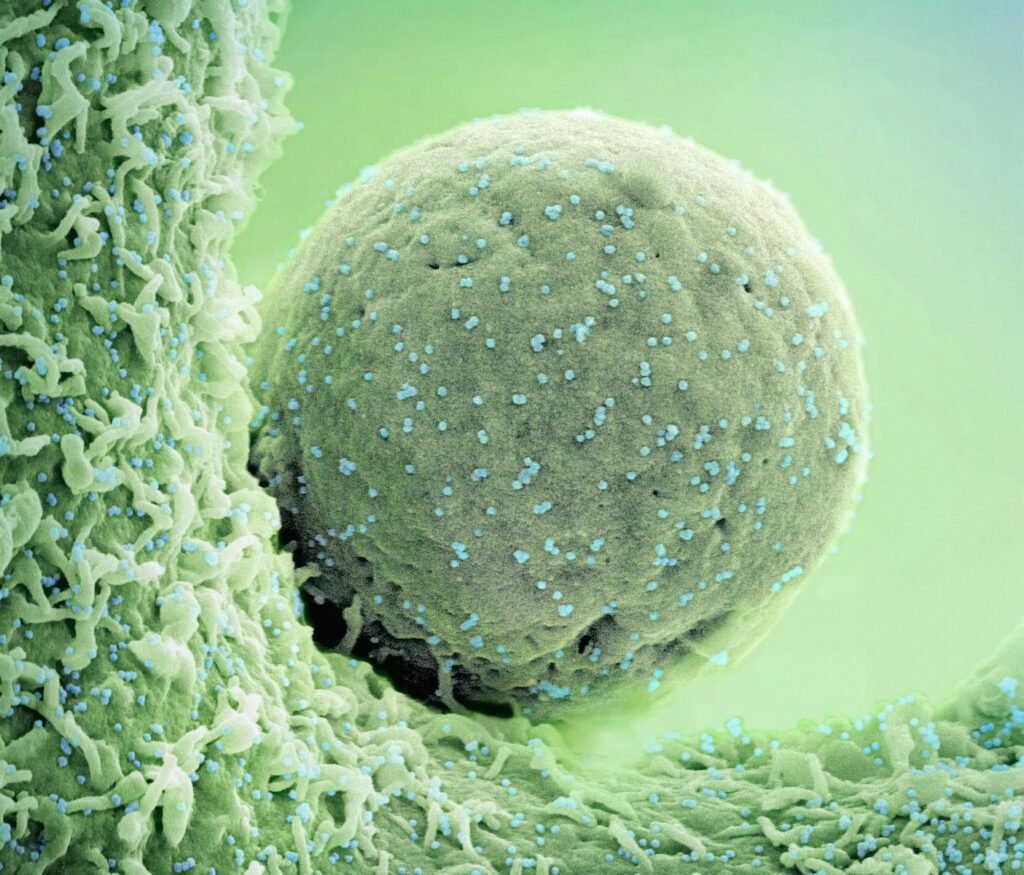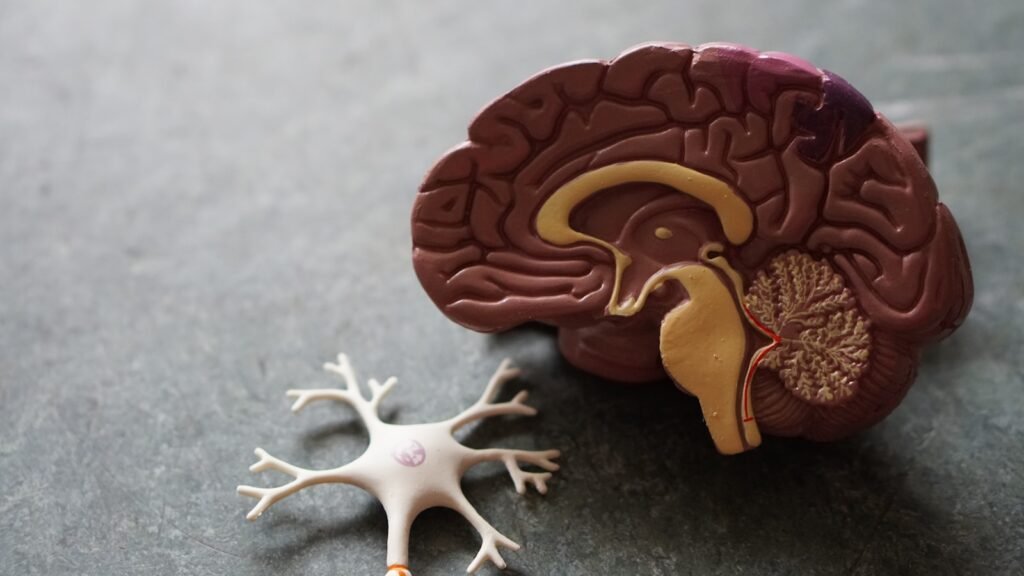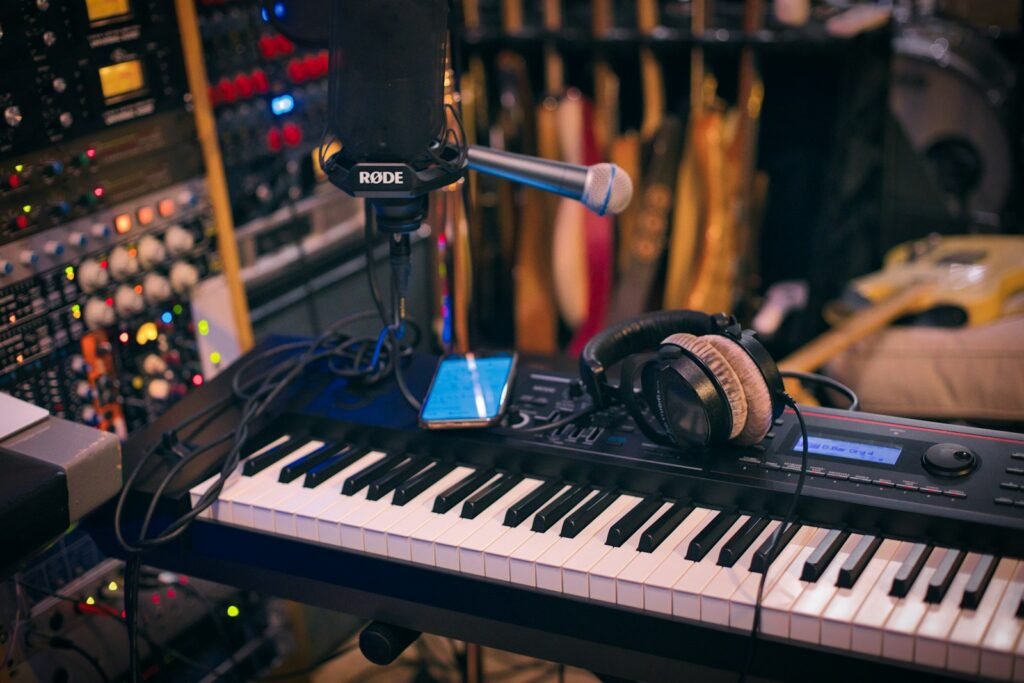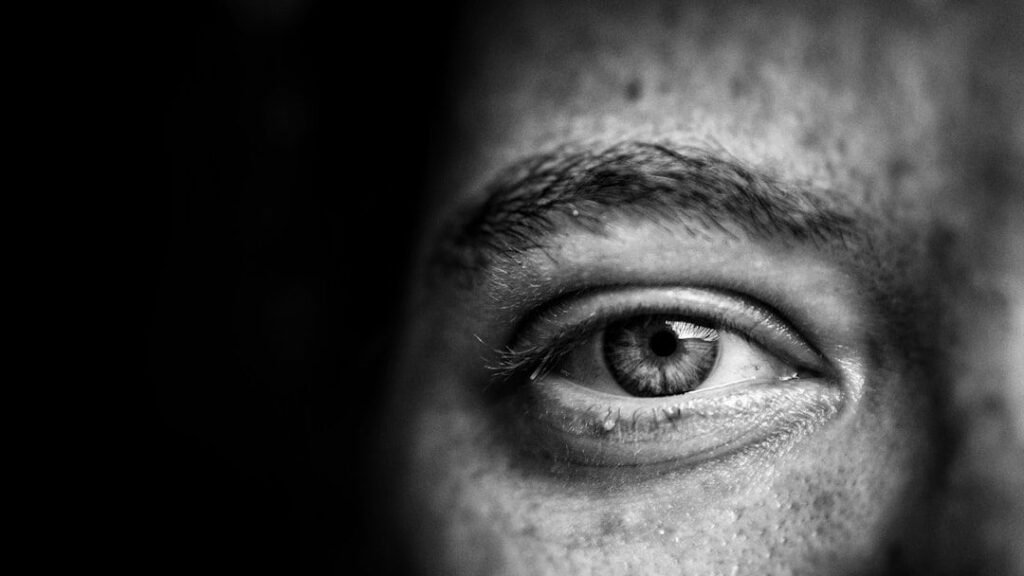Bees That Count and Recognize Faces
Picture this. You’re sitting in your garden, watching a tiny bee hovering near your sunflowers. You probably think it’s just another mindless insect following basic instincts. The reality? That bee might actually recognize your face and count how many flowers are in front of it. Recent scientific discoveries are completely revolutionizing our understanding of insect ...


